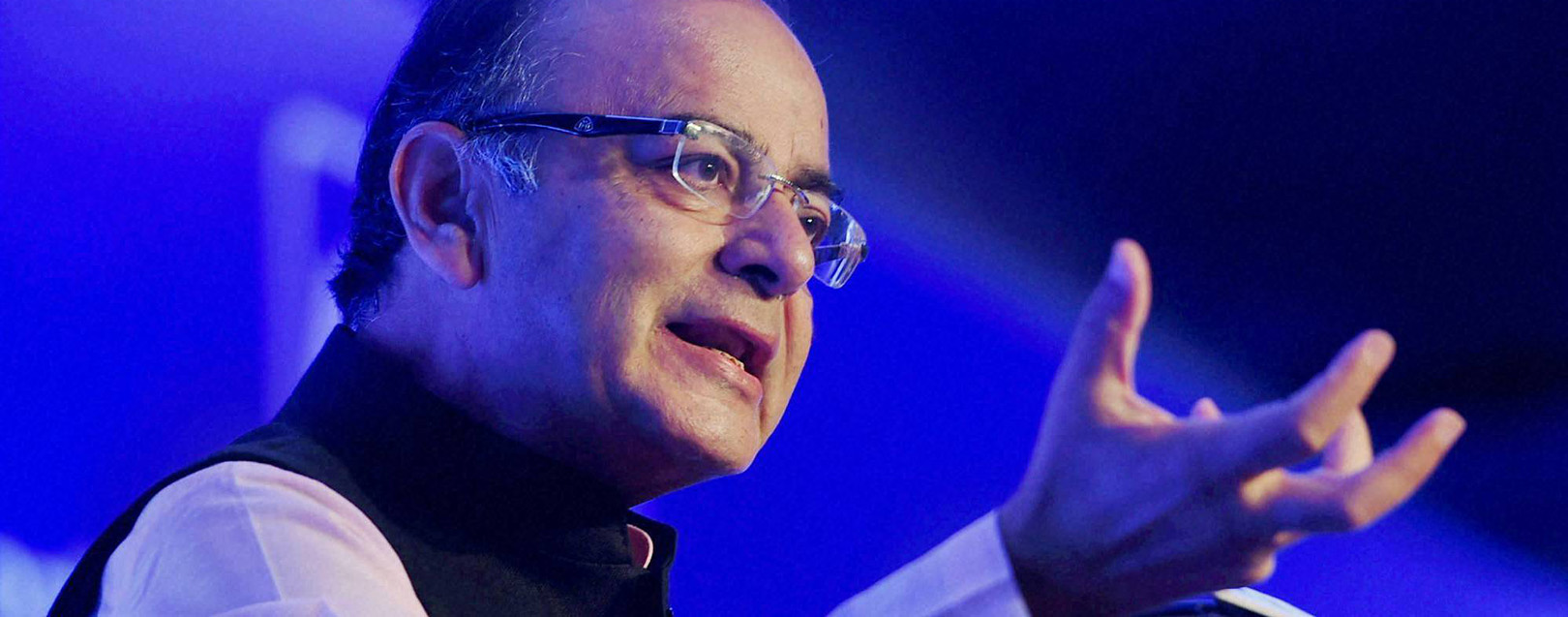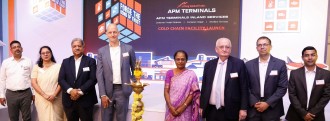The first vibe of acche din was felt when 36% royalty on gross turnover imposed by airports on MROs was brought down to 15%
Sairaj Aiyyer |
The Dollar Business

The Rs.5000 crore Indian MRO market, has expertise, bandwidth to handle all kinds of MRO activities such as full aircraft maintenance, repairs, overhaul, and also components servicing
]

Pulak Sen speaking to The Dollar Business at the India Aviation Show 2016, Begumpet Hyderabad
March 25, 2016 | 11:45am IST

 The Rs.5000 crore Indian MRO market, has expertise, bandwidth to handle all kinds of MRO activities such as full aircraft maintenance, repairs, overhaul, and also components servicing
The Rs.5000 crore Indian MRO market, has expertise, bandwidth to handle all kinds of MRO activities such as full aircraft maintenance, repairs, overhaul, and also components servicing





 to success.
to success.